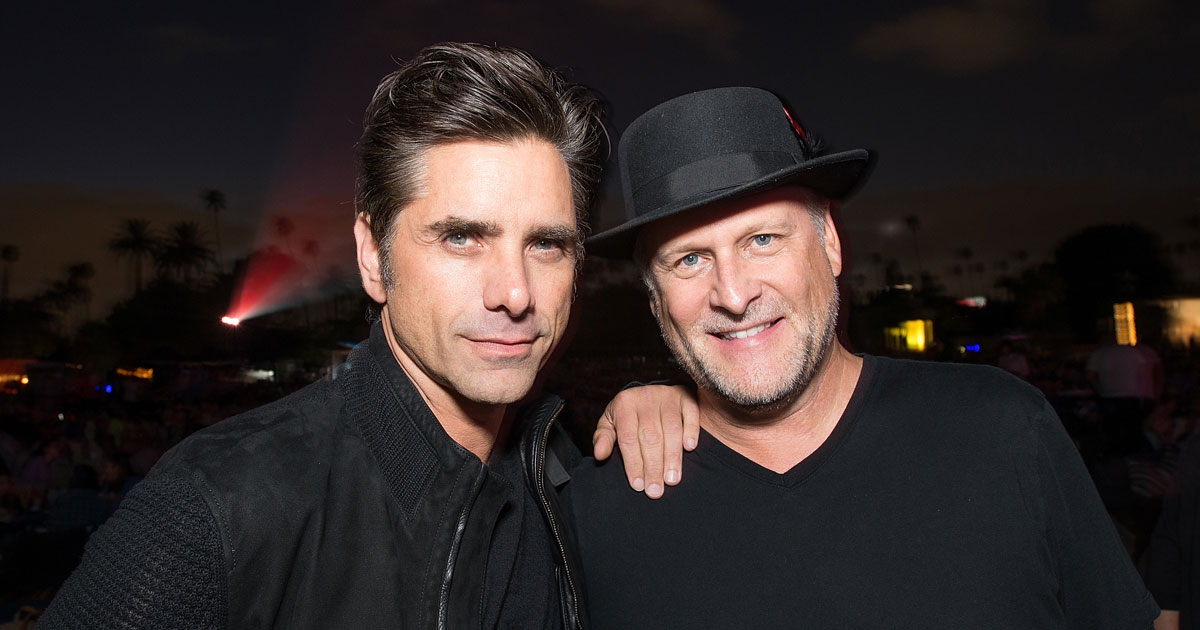Shakira Isabel Mebarak Ripoll was born on February 2, 1977, in Barranquilla, Colombia. From a young age, she displayed a keen interest in music, influenced by her Lebanese father and Colombian mother. She wrote her first song at the age of eight and signed her first record deal at thirteen. However, her initial albums failed to gain traction, prompting her to refine her musical style. Through persistence and reinvention, Shakira eventually discovered a unique blend of Latin, Arabic, and rock influences that would define her career.
Breakthrough in the Latin Music Scene
Shakira’s breakthrough came with her third album, “Pies Descalzos” (1996). The album was a massive success, selling over 3 million copies and featuring hit singles like “Estoy Aquí” and “Antología.” Her follow-up album, “Dónde Están Los Ladrones?” (1998), solidified her status as a Latin music star. With poetic lyrics and an eclectic sound, she captivated audiences across Latin America and won multiple awards. Her popularity skyrocketed, paving the way for her transition into the global music industry.

Crossing Over: Global Stardom
Determined to reach a wider audience, Shakira moved to Miami in the late 1990s and learned English. Her efforts culminated in “Laundry Service” (2001), her first English-language album. The album’s lead single, “Whenever, Wherever,” became an international sensation, introducing Shakira’s distinctive voice and belly-dancing moves to the world. The success of “Laundry Service” established her as a global pop icon, bridging cultural and linguistic barriers with her unique artistry.

Dominating the Charts: “Hips Don’t Lie” and More
In 2005, Shakira released “Oral Fixation Vol. 2,” featuring the record-breaking hit “Hips Don’t Lie.” The song topped charts worldwide and became one of the best-selling singles of all time. Its infectious rhythm and captivating dance moves made it a defining moment in Shakira’s career. She continued to dominate the industry with subsequent albums like “She Wolf” (2009) and “Sale el Sol” (2010), proving her ability to reinvent herself while staying true to her Latin roots.

Cultural Phenomenon: “Waka Waka” and the World Cup
In 2010, Shakira reached another career milestone with “Waka Waka (This Time for Africa),” the official anthem of the FIFA World Cup. The song became a cultural phenomenon, uniting people across continents through its upbeat melody and powerful message. With over a billion views on YouTube, “Waka Waka” remains one of the most iconic World Cup songs of all time, solidifying Shakira’s role as a global ambassador for music and celebration.
Philanthropy and Advocacy
Beyond her musical achievements, Shakira is deeply committed to philanthropy. In 1997, she founded the Pies Descalzos Foundation, dedicated to providing quality education for underprivileged children in Colombia. Over the years, her foundation has built schools and provided resources to thousands of students. She also serves as a UNICEF Goodwill Ambassador, advocating for children’s rights and education worldwide. Her philanthropic efforts have earned her global recognition and admiration.

Television and Public Recognition
In 2013, Shakira expanded her influence by joining NBC’s “The Voice” as a judge. Her warm personality and insightful coaching endeared her to audiences, further strengthening her presence in the American entertainment industry. Though her time on the show was brief, it showcased her versatility and ability to connect with aspiring artists and fans alike.
Continued Success and Super Bowl Fame
Shakira’s success continued with her 2017 album “El Dorado,” which won a Grammy for Best Latin Pop Album. The accompanying world tour faced challenges, including vocal cord injuries, but Shakira’s resilience shone through as she recovered and continued performing. In 2020, she co-headlined the Super Bowl halftime show with Jennifer Lopez, delivering a high-energy performance that celebrated Latin culture and cemented her status as a global superstar.

Personal Life
Shakira’s personal life has often made headlines, particularly her long-term relationship with Spanish soccer star Gerard Piqué. The couple, who share two sons, Milan and Sasha, were admired for their strong partnership. Despite the demands of her career, Shakira has always emphasized the importance of family, balancing her roles as a mother and an international icon with grace and dedication.
Legacy and Impact
Shakira’s influence extends beyond music. She has paved the way for Latin artists in the global industry, proving that cultural diversity is a strength. Her ability to seamlessly transition between Spanish and English, along with her commitment to social causes, has made her a role model for aspiring musicians and activists alike. From her humble beginnings in Barranquilla to her reign as a worldwide sensation, Shakira’s journey is a testament to talent, perseverance, and authenticity.
Conclusion
Shakira’s story is one of transformation, passion, and impact. She has captivated audiences for decades with her music, dance, and philanthropy. Her dedication to using her platform for positive change makes her more than just a pop star—she is a true global icon. As she continues to evolve, the world eagerly anticipates what’s next in her remarkable journey.


